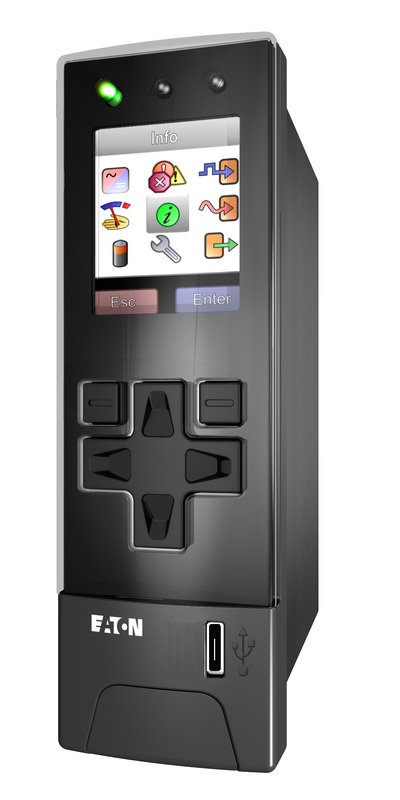Smart Batteries and secure remote management of Communications Sites

In today’s fast-paced digital world, critical communication sites such as emergency services, transport networks, utilities and regional/remote telecommunications require power systems that are not only highly reliable but also intelligent and secure. Lithium battery technology, particularly lithium iron phosphate (LiFePO4), has rapidly become the preferred energy storage solution for these sites in recent years, offering unmatched reliability, and remote management capabilities.
Lithium Batteries: Reliable, Smart, and Maintenance-Free
Traditional lead-acid batteries have long served as the backbone of critical power systems, but they come with unfortunate drawbacks: ongoing hands-on maintenance, limited available information, reduced life in cyclic applications and vulnerability to environmental stress. Lithium batteries address these issues head-on:
- High Reliability: Lithium batteries maintain consistent performance across a wide temperature range, offer a significantly long service life and are not susceptible to many conditions that shorten the life of lead-acid batteries.
- No Periodic Maintenance: Unlike lead-acid systems, lithium batteries do not require site visits for maintenance such as thermal/equalization checks, reducing operational and technician costs.
- Inbuilt Battery Management System (BMS): Modern lithium batteries feature integrated BMS that continuously monitor voltage, temperature, and charge status. These systems operate 24/7, ensuring optimal performance and active battery management without human intervention.
Smart Monitoring and Remote Access
As infrastructure becomes increasingly connected, lithium batteries are now part of broader smart ecosystems. These batteries can transmit real-time data — such as health status, fault alerts, and predictive insights — directly to centralized platforms. This capability eliminates the need for costly technician dispatches to remote sites, improving operational efficiency and reducing downtime.
However, with increased connectivity comes the need for robust cybersecurity. Unsecured access to device data and site controls can expose critical infrastructure to malicious attacks or unauthorized manipulation.
Beyond Battery Control: The Eaton SC300

To address these challenges, operators are turning to comprehensive site controllers like the Eaton SC300. Far more than a traditional DC system controller, the SC300 is a full communications site controller capable of managing a wide array of infrastructure components:
- Eaton Power Systems: Controls and monitors Rectifiers, Solar chargers, Inverters, DCDC converters, lithium batteries, AC power meters and backup generators.
- Environmental Systems: Manages air conditioners, DC vent fans and temperature/humidity sensors to maintain optimal site conditions.
-
Security and Safety: Monitors door access, smoke detectors, fire sensors, flood sensors and site monitoring devices.
This holistic approach allows operators to consolidate all site data into a single, secure platform — streamlining operations and enhancing situational awareness.
Cybersecurity: Certified, Not Claimed
In an era where cyber threats are increasingly sophisticated, it’s not enough to simply label a device as “cybersecure.” The SC300 is tested and verified by the Eaton Cybersecurity Centre of Excellence (COE) division. The testing process is independently verified to UL2900-1 and IEC 62443-4-1, two globally recognized cybersecurity standards. This testing validates the SC300’s resilience against cyber threats and its ability to protect sensitive site data.
By using a single point of access through a trusted and verified device like the Eaton SC300, operators can ensure that only authorized personnel interact with site systems. This centralized model simplifies data management, enhances visibility, and fortifies the network against external threats.
Conclusion
Lithium iron phosphate batteries have transformed the way critical communications sites are powered and managed. Their reliability, safety, and smart monitoring capabilities make them ideal for modern infrastructure. When paired with a comprehensive and cybersecure site controller like the Eaton SC300, operators gain full visibility and control over their sites — from power and cooling to security and safety. In this new era of smart infrastructure, combining advanced battery technology with certified cybersecurity is not just beneficial — it’s essential.
To learn more about Eaton’s Industrial DC Power Systems, please visit Eaton.com/au/dc, or email us at EatonANZ@eaton.com
Frequentis Public Transport — Keeping railways moving
Curious how our operational communication and incident management solutions enable centralised...
Hytera's 5G MCX Device Sets New Standard for Secure Communication
Combining advanced mission-critical communication capabilities, multi-layered security features,...
Hybrid Communications: A Smarter Path to MCX
As organisations across Australia seek to modernise their mission critical communications, the...



